Health
-

6 keys to a long, healthy life (ice cream included)
Also, why reading Ben Franklin beats climbing Mount Everest
-

Six cancers rising faster in younger adults than older ones
Large new global study fuels growing concern over trend of increases in several types

-

What’s next for GLP-1s?
Scientists eye new treatment targets for popular weight-loss drugs, from heart failure to addiction
-

Pricey blockbuster GLP-1s are costing users — and most of the rest of us, too
Health insurers are passing along cost for coverage in form of higher rates across the board, policy researcher says
-

Drinking 2-3 cups of coffee a day tied to lower dementia risk
Caffeinated tea also found to slow cognitive decline in study

-

New AI tool predicts brain age, dementia risk, cancer survival
Unlike other AI models, BrainIAC needs limited data to ID key neurological health indicators

-
Polly want a vocabulary?
Irene Pepperberg, best known for her work with an African grey parrot named Alex — whose intelligence was estimated as equal to that of a 6-year-old child — recently relocated her lab to Harvard, where she continues to explore the origins of intelligence by working with birds.
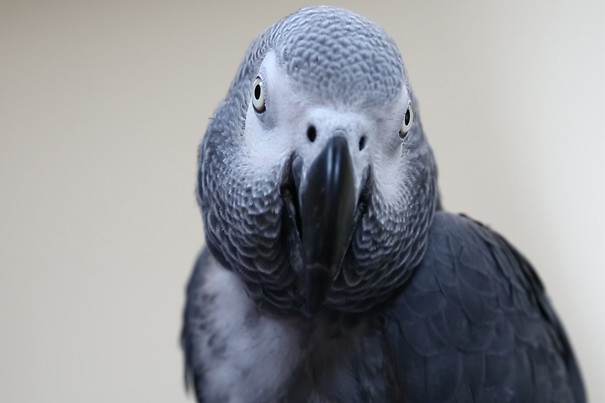
-
‘A once-in-human-history opportunity’
A new report chaired by Harvard economist and University Professor Lawrence Summers says that eliminating health disparities between rich and poor nations is not only possible by 2035, it’s cost-effective. The study also sets out the steps to achieve it.
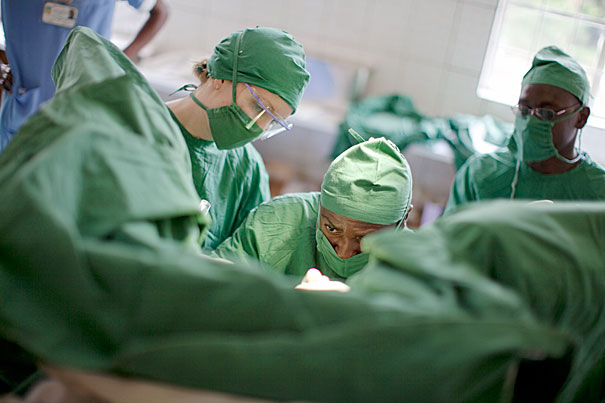
-
New hope for imperiled children
A new suite of courses designed by the Harvard School of Public Health’s FXB Center for Health and Human Rights aims to bring academic rigor to the field of child protection.
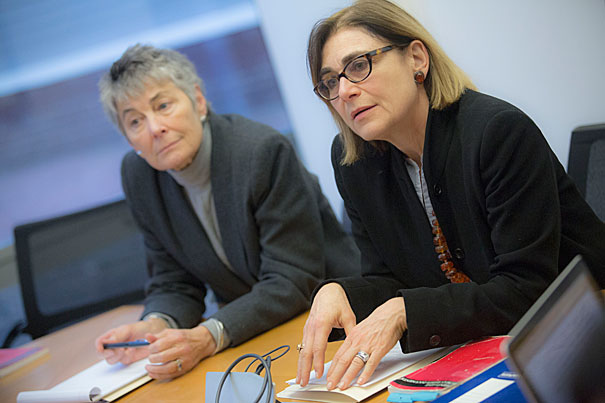
-
Viral infections may have met their match
A Massachusetts General Hospital-led research team of Harvard affiliates has identified an immune cell protein that is critical to setting off the body’s initial response against viral infection.
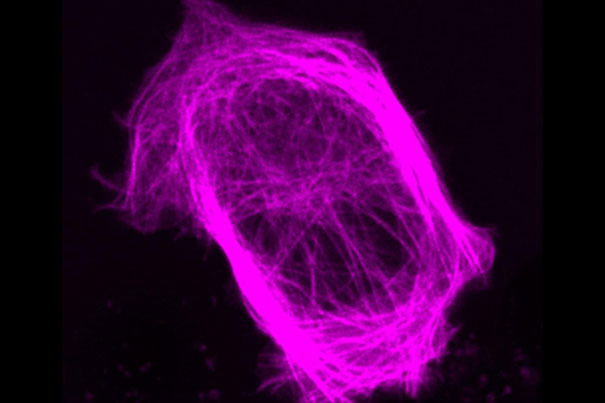
-
21 million in slavery
Experts on forced labor and sexual slavery outlined what remains a large-scale problem.

-
Nut consumption reduces risk of death
In the largest study of its kind, people who ate a daily handful of nuts were found to be 20 percent less likely to die from any cause over a 30-year period than those who didn’t consume nuts, say Harvard researchers.

-
Malaria in 3-D
Using an imaging technique known as high-speed holographic microscopy, Laurence Wilson, a fellow at Harvard’s Rowland Institute, worked with colleagues to produce detailed 3-D images of malaria sperm — the cells that reproduce inside infected mosquitoes — that shed new light on how the cells move.

-
Clues on generating muscles
Harvard stem cell scientists have discovered that the same chemicals that stimulate muscle development in zebrafish can be used to differentiate human stem cells into muscle cells in the laboratory, which makes muscle cell therapy a more realistic clinical possibility.
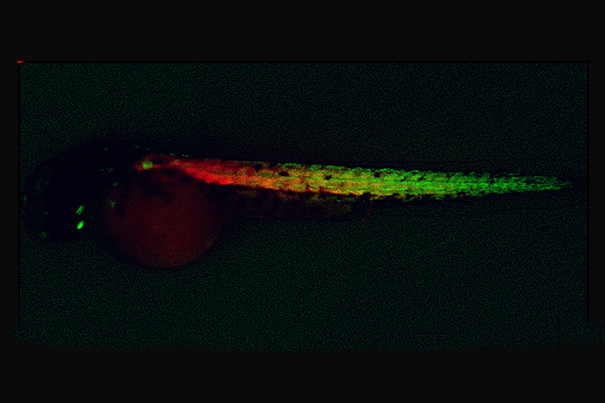
-
Researchers find drug that could halt kidney failure
A drug approved for the treatment of rheumatoid arthritis may also turn out to be the first targeted therapy for one of the most common forms of kidney disease, a condition that almost inevitably leads to kidney failure.
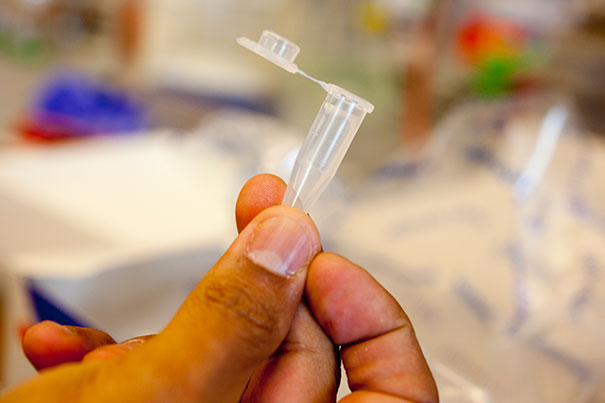
-
Underprepared for the next pandemic
A lack of “surge” capacity plagues pandemic flu preparations around the world, as public health officials, scientists, and pharmaceutical industry scientists work to streamline vaccine production as well as improve surveillance, communication, and other public health practices before the next new ailment hits.
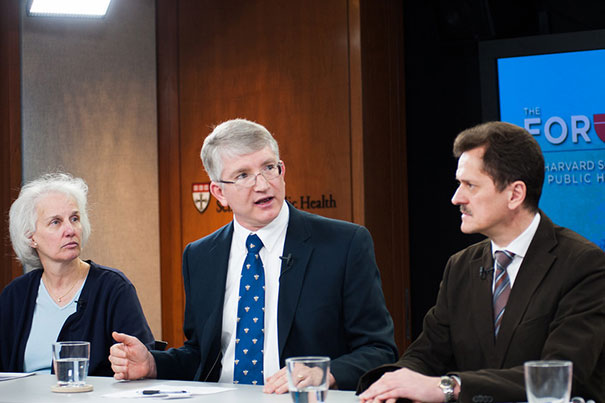
-
Broad launches next decade with $100M gift
American philanthropists and entrepreneurs Eli and Edythe Broad announced on Thursday they are investing an additional $100 million into the Broad Institute of Harvard and MIT to launch a new decade of transformative work to harness recent biomedical discoveries to benefit patients.
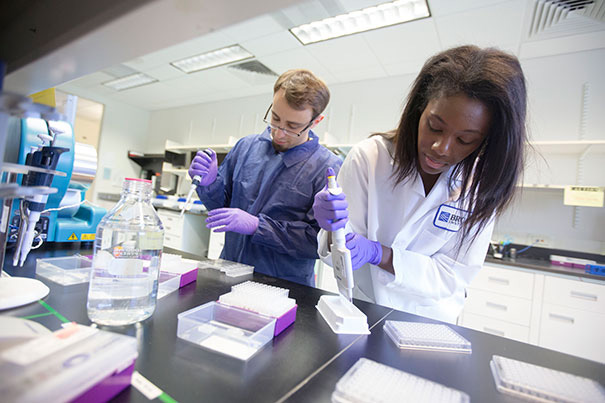
-
Genes without patents
The ACLU’s lead attorney and other participants in the Supreme Court case that overturned the common practice of patenting human genes discussed the ramifications in an event at the Science Center.
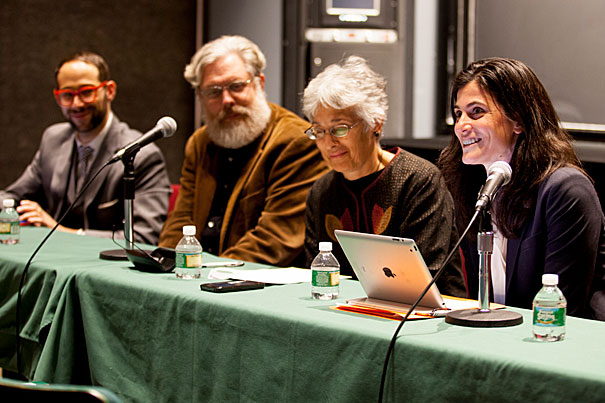
-
An end to trans fats?
A proposal issued today by the U.S. Food and Drug Administration, if finalized, would effectively make trans fat in the food supply a thing of the past. The Gazette asked Professor Walter Willett, chair of the Department of Nutrition at the School of Public Health, to discuss the potential impact of the ruling, in policy and health.
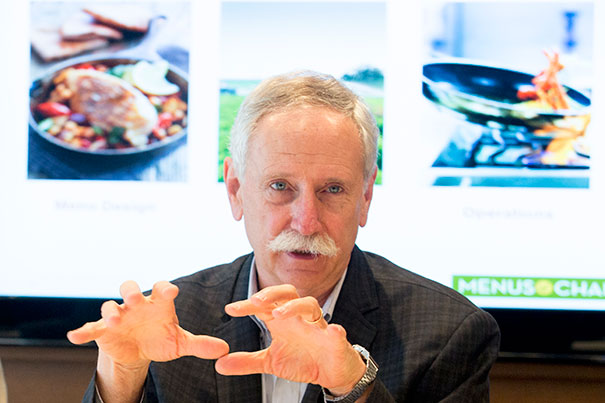
-
Three days, three wild finds
Tim Laman, an associate of Harvard’s Museum of Comparative Zoology and an award-winning wildlife photographer, was part of a two-man team that helicoptered into a remote Australian rainforest earlier this year, coming out with three new species: two lizards and a frog.

-
Stages of bloom
Harvard researchers have solved the nearly 200-year-old mystery of how Rafflesia, the largest flowering plants in the world, develop.

-
Online, on site, in the field
Harvard School of Public Health Dean Julio Frenk outlined a new vision for public health education Friday (Nov. 1), outlining courses that blend online, in-person, and in-the-field experiences and that take different forms throughout a professional’s life.
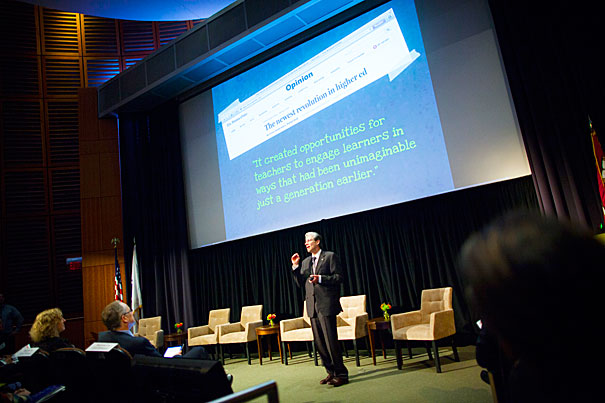
-
When depression and anxiety loom
Two new books from Harvard Health Publications are aimed at people who have more than normal levels of anxiety and depression but fall short of clinical definitions.

-
Comparing charts on health
U.S. and Chinese health officials gathered at Harvard’s Longwood Campus to discuss health care challenges facing both nations, including the rise of noncommunicable diseases and reforming health care systems.

-
New insight on wild nights
New research suggests that, despite moonlight’s apparent hunting advantage, large predators such as lions are actually less active on the brightest nights, while many prey animals — despite the risk of being eaten — become more active.
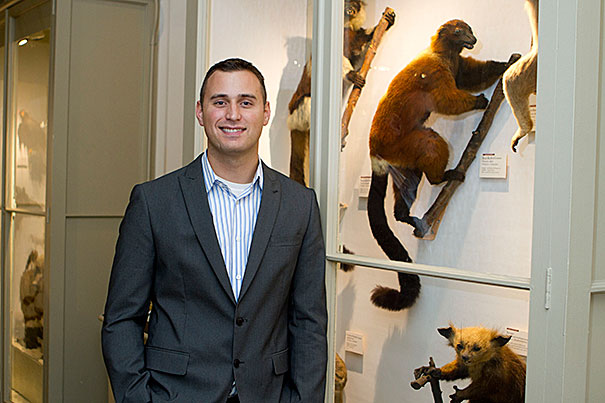
-
A new era in disaster relief
A report edited by a research scientist from the Harvard Humanitarian Initiative highlights the increasingly important role of social media and cellphones in disaster relief.
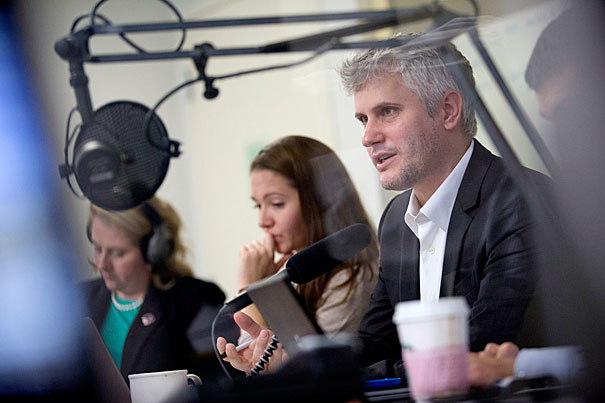
-
How ‘traffic light’ labels promote healthier eating
A simple, color-coded system for labeling food items in a hospital cafeteria appears to increase customers’ attention to the nutritional value of their food choices, and encourage the purchase of the healthiest items.

-
TB’s links to diabetes
Tuberculosis researchers from around New England gathered at the Broad Institute of Harvard and MIT to examine the links between metabolic diseases such as diabetes and tuberculosis.
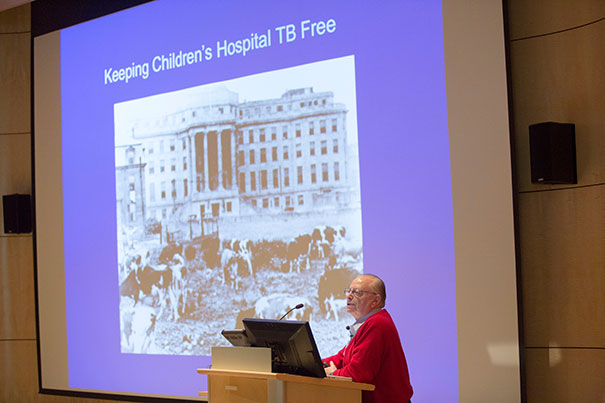
-
Improving cord blood transplants
They began with a discovery in zebrafish in 2007, and now researchers at the Harvard Stem Cell Institute (HSCI) have published initial results of a Phase Ib human clinical trial of a therapeutic that could improve the success of blood stem cell transplantation. This marks the first time that HSCI has carried a discovery from the lab bench to the clinic.
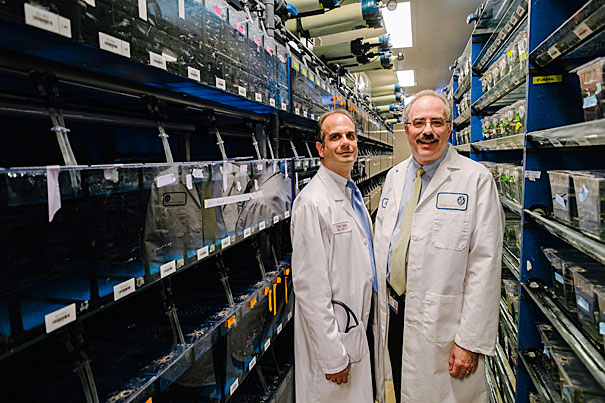
-
Catching up on health care
John McDonough of HSPH talks about the rollout of health insurance exchanges as part of the Affordable Care Act.
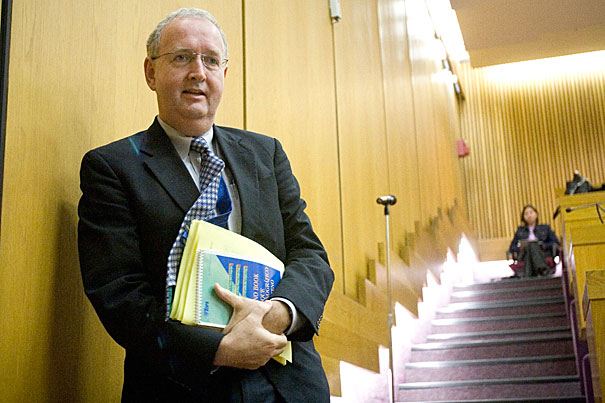
-
New test for Down syndrome
Experts in child health gathered at Harvard Medical School on Tuesday for a symposium on how genome biology is changing children’s health.

-
A tiny, time-released treatment
Targeted nanotherapy is the wave of the medical future, according to Omid Farokhzad, a Harvard Medical School and Brigham and Women’s Hospital researcher who has two nanoparticle-based therapies in clinical trials and a slew of ideas for new ways to put the tiny capsules to work for human health.
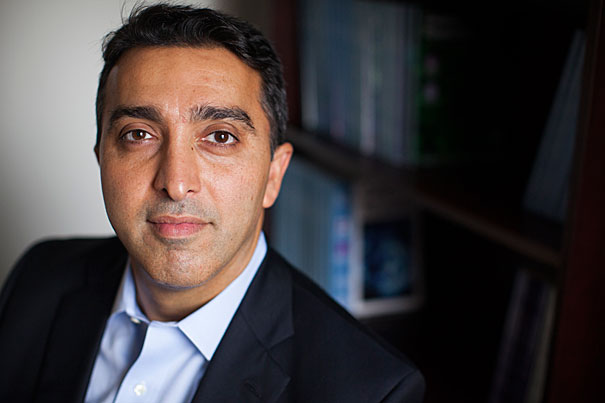
-
Little improvement seen in antibiotic abuse
Harvard research shows that while only 10 percent of adults with sore throat have strep, the only common cause of sore throat requiring antibiotics, the national antibiotic prescribing rate for adults with sore throat has remained at 60 percent.
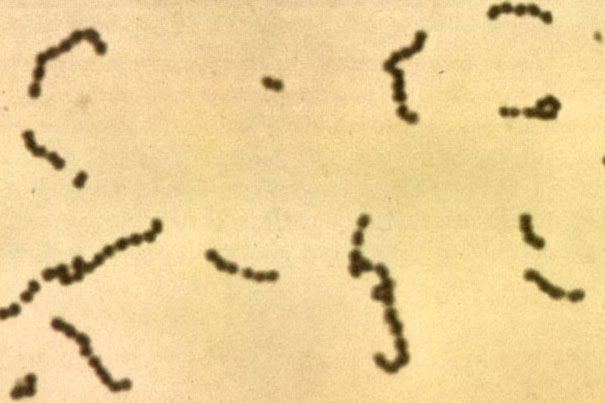
-
Dream saga of WWII
As part of a project by Professor Deirdre Barrett to resurrect a study started in 1940, a group of Harvard undergraduates probed the dreams of British officers captured early in World War II and held in a German prison camp.
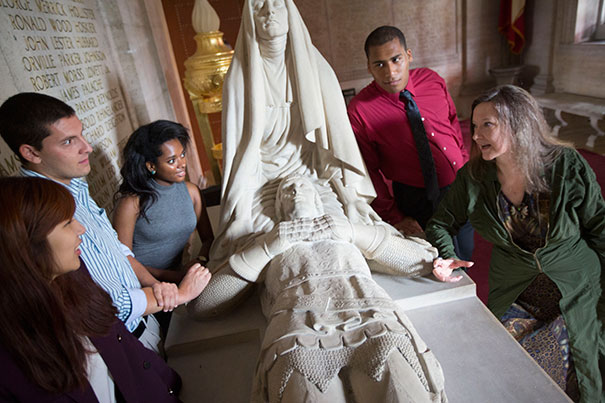
-
Flu’s coming, but which kind?
With a new flu virus appearing in China in April and a new SARS-like respiratory ailment appearing in the Middle East, the Gazette sat down with Harvard epidemiologist Marc Lipsitch to talk about the upcoming flu season.
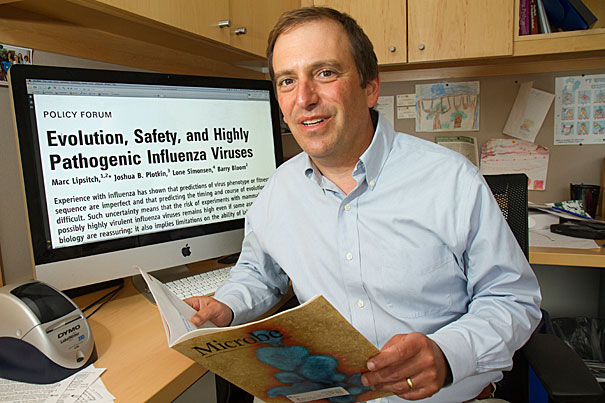
-
Deconstructing motor skills
Harvard researchers have found that the brain uses two largely independent neural circuits to learn spatial and temporal aspects of complex motor skills.


